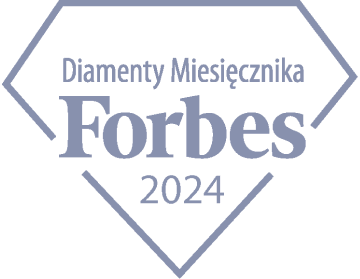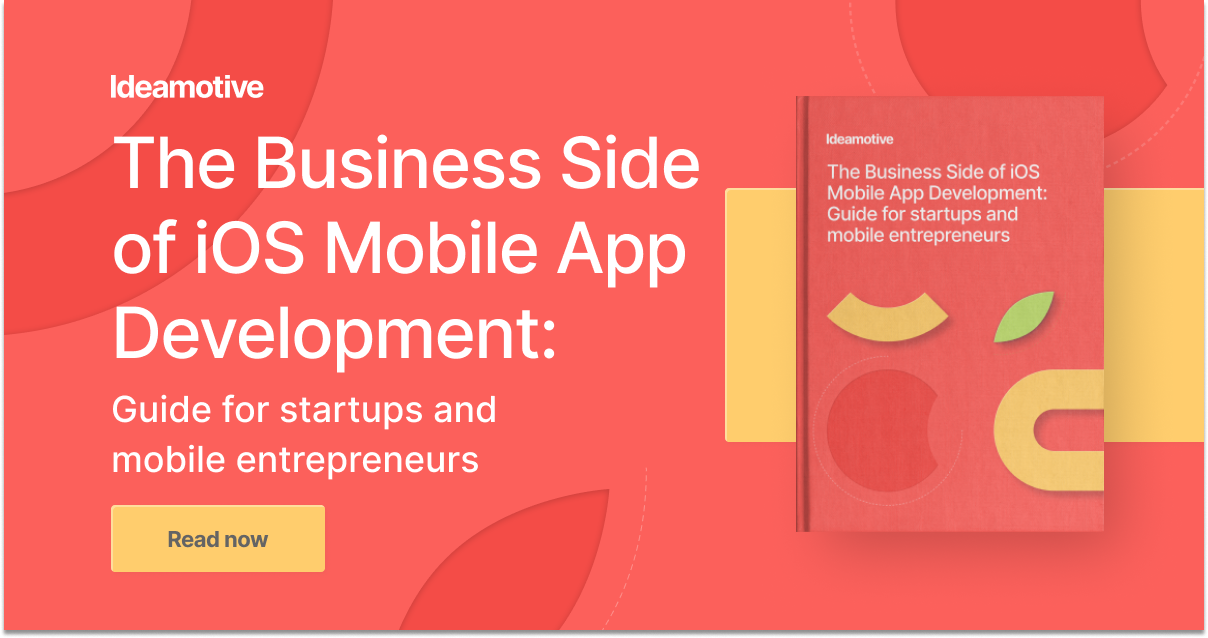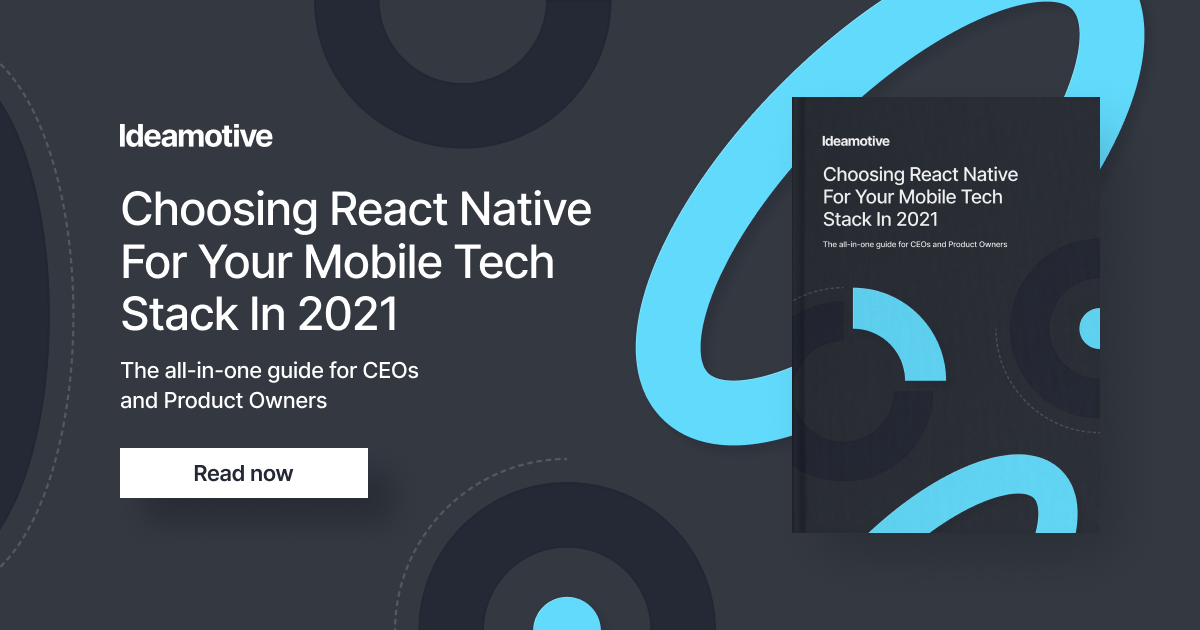Last published:
A Blueprint for Establishing Company Ethos
Evolving
Teams
with Right Tech Talent
Bridging Talent Gaps with Precision and Pace,
Matching in Skills, Experience and Culture.

Dawid
Senior full-stack developer

I'm Justyn
React/Next.js Developer

I'm Nelly
UX/UI Designer

I'm Jarek
IT Project Manager

I'm Adam
Machine Learning Developer

I'm Marcin
Cybersecurity Engineer

I'm Ula
React Developer

I'm Ann
UX/UI Designer

I'm Vitalii
Flutter Developer

I'm Michał
Ruby on Rails Developer

I'm Milos
Funding Consultant

I'm looking for more
Consult your needs
We're recognized in a wide range of industries:
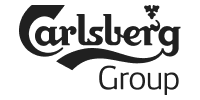


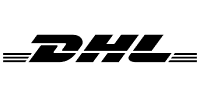


Seamless and fast alignment of the right tech talent with Your evolving needs
We take care of formalities, hiring and matching services, so that you can focus on your product.
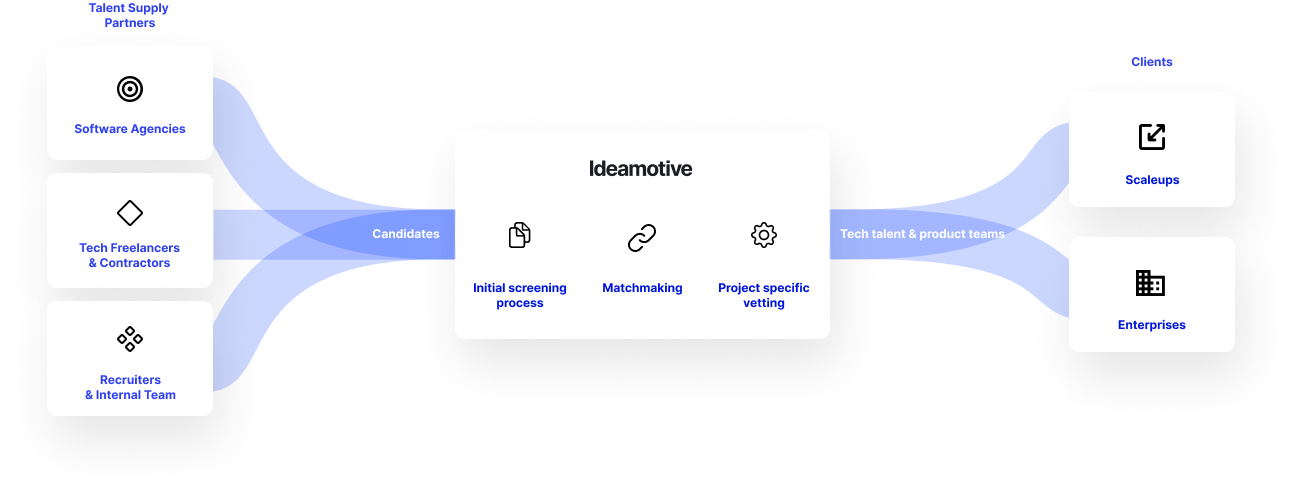
What Do You Get?
Guarantee that you pay only for hours worked with our tracking tool. Stay in control of the budget.
A simple legal and accounting solution - pay only one invoice for all the hired specialists.
Minimum of 3 hours overlap while working on your project.
Security through the oversight of EU law and the reliability of European contracts.
IT specialists on-demand or end-to-end project delivery - your choice.
This all sounds great, but...
how much does it cost?
Provide us with details, and we'll reach out with a quote.
Our featured case studies
Nielsen: supporting corporate communication with a mobile app
Developing an app allowing to manage social interactions and document distribution between multiple international teams within the global corporation.
JRPass: optimizing a booking system for the Japanese railway network
Read the story of how combined our business expertise with outstanding web development, increased conversion rates, and boosted sales.

Our project manager had things taken care of and their backend developers had great technical abilities. They’ve been the best we’ve had so far!
Daniel de Nieuwe, Senior Product Manager, JRPass.com
Close
AURA: building a mobile app with React Native for a medtech startup from London
How did our experts create a diagnostic mobile app with highly intuitive UX/UI fit for elderly patients from scratch?
Applied Machine Learning Days - EPFL (Swiss Federal Institute of Technology)
One of the largest ML & AI events in Europe, focused specifically on the applications of machine learning and AI, making it particularly interesting to industry, academia and public goods organizations.
AICrowd: Taking care of an YCombinator Alumnus code
How have we improved the quality of the code, reduced technical debt and enhanced the platform security of an AI marketplace?
Carpal: Changing the way the goods move in cities
Providing the right set of talent and technology expertise which resulted in the quick growth of an existing product.
Travelduck: building a marketplace for boutique adventure trips and activities
How did we create a fully functional digital marketplace from scratch and help the Client validate thwir business model for scaling up?
Hear from our Satisfied Clients
We’ve been extremely satisfied. We work with multiple partners, but they’re our main supplier because of the quality of their work.

Håkon Årøen
Co-founder & CTO of Memcare
Ideamotive has a huge pool of talent. Don’t just settle for someone: find a person who understands your project and has the competencies you need.

Julian Peterson
President, Luminate Enterprises
They understand and navigate the industry to deliver an outcome that will truly stand out. Despite a heavily saturated market, they’ve delivered creative solutions that I haven’t seen before.

Adam Casole-Buchanan
President, Rierra INC
They are very flexible, providing a team of developers on short notice and scaling the size as needed. Their team meets tight deadlines, including some that only give them a few hours to do the work.

Sylvain Bernard
Event Manager, Swiss Federal Institute of Technology Lausanne
Rated 5.0 / 5.0 by our satisfied clients from various industries and locations worldwide.
We work with European Talent Only
Our employees
Our in-house staff is available for bodylease. Whether you need 40 hours of dedicated QA or a skilled backend specialist, we've got you covered with flexible hourly hiring options.
Dev Shop Network
Our extensive network and trusted partnerships with dev shops allow us to quickly connect you with seasoned professionals who understand the relevant technologies for your project.
Freelancer Base
We leverage two powerful resources for your projects: independent contractors with whom we have a solid relationship and talent sourced from our freelancer pool.
Uncertain?
Explore how we can assist with your project or connect you with ideal IT specialists.
Software Developers
See All TechnologiesDigital Designers
See All Design TalentWe believe in the power of sharing knowledge and expertise. Explore our trending publications.
Let Ideamotive connect you with skilled, industry-matched IT experts - we handle the paperwork, you realize your goals

Business registry data:
Zlota 61/101, 00-819 Warsaw
Poland, European UnionKRS: 0000529079
hello@ideamotive.co
Company
Services
Most desired experts
Resources
Rated 4.8 / 5.0 by clients from various industries and locations.
